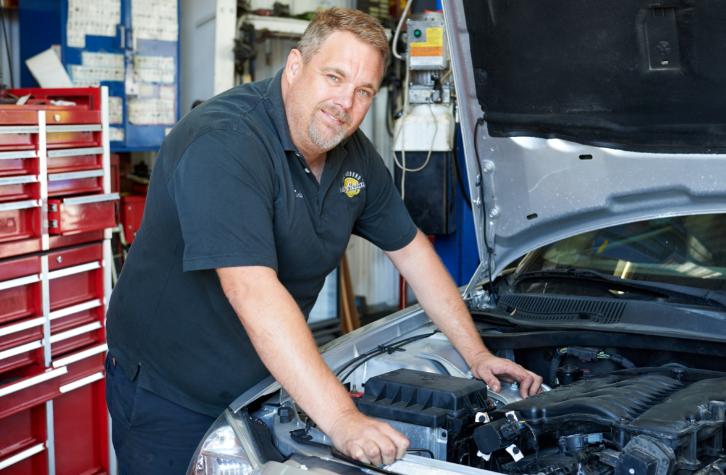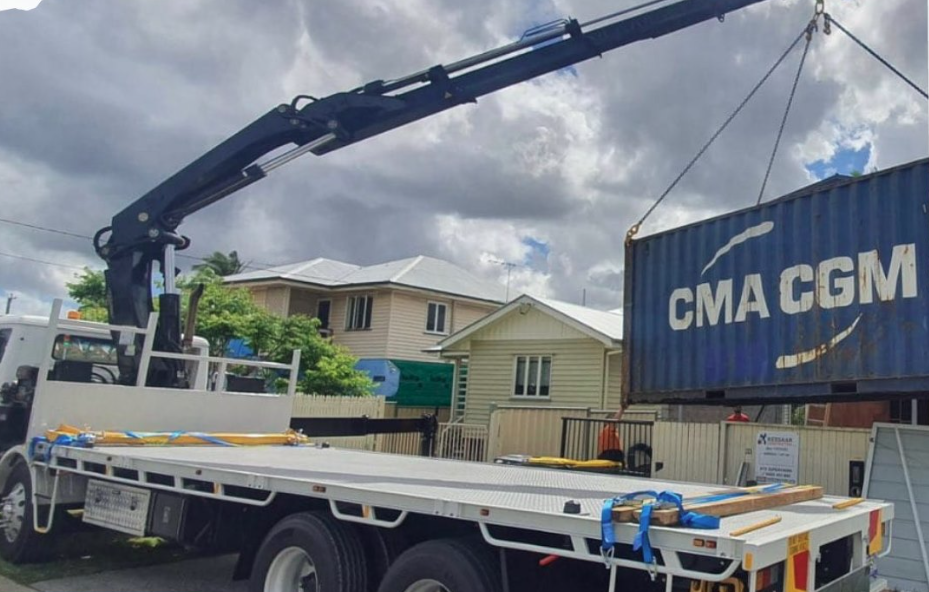Properly maintaining your car, including finding reliable Car Maintenance Near Me, is essential for ensuring its smooth operation and preventing potential breakdowns while driving. One important aspect of Car Maintenance is regular inspections. These inspections, including those conducted by nearby professionals, play a significant role in identifying and addressing issues before they become major problems. This article will explore the significance of routine inspections in preventive car maintenance and their impact on the overall well-being of your vehicle.
Taking care of your car is crucial to guarantee its longevity and performance. By prioritizing preventive maintenance, you can avoid expensive repairs and ensure your safety while driving. Regular inspections are a key component of preventative car maintenance as they help identify potential issues early on.
Understanding Preventative Car Maintenance
Preventative car maintenance involves a proactive approach to ensure the overall well-being of your vehicle. Instead of waiting for a breakdown or a major problem to occur, preventative maintenance focuses on regular upkeep and inspections to catch and address issues before they escalate.
The Significance of Regular Inspections
Regular inspections serve as a vital diagnostic tool for your vehicle. They allow trained professionals to assess the condition of various components, identify potential problems, and recommend necessary repairs or replacements. In addition to mechanical components, these inspections encompass crucial systems like the electrical system, brakes, tires, and fluids.
Components Checked During Inspections
During a regular inspection, several components of your car are thoroughly checked to ensure their proper functioning. This includes:
Engine and Transmission
The engine and transmission constitute the vital core of your vehicle. Inspections focus on checking fluid levels, signs of leaks, unusual noises, and any visible damage or wear.
Brakes and Suspension
The maintenance of control and stability on the road heavily relies on the braking system and suspension. Inspections involve checking brake pads, rotors, calipers, shocks, struts, and other related components.
Tires and Wheels
The condition of your tires and wheels significantly impacts the overall performance and safety of your vehicle. Inspections include checking tire pressure, tread depth, alignment, and wheel balance.
Electrical System
The electrical system comprises different elements, including the battery, alternator, starter, and wiring. Inspections ensure proper functioning, identify faulty connections and detect any signs of electrical issues.
Fluids and Filters
Fluids like engine oil, coolant, brake fluid, and transmission fluid play a crucial role in ensuring seamless functioning. Inspections involve checking fluid levels, quality, and the condition of filters.
Benefits of Regular Inspections
Regular inspections offer numerous benefits to both you and your vehicle:
Early Problem Detection: Inspections help identify issues before they become major problems, saving you from costly repairs down the line.
Improved Safety: By ensuring the proper functioning of critical components like brakes and tires, inspections contribute to your safety on the road.
Enhanced Performance: Well-maintained vehicles perform better and provide a smoother driving experience.
Increased Resale Value: Regular inspections and maintenance help retain the value of your vehicle, making it more attractive to potential buyers.
Peace of Mind: Knowing that your vehicle is in good condition gives you confidence and peace of mind during your daily commute or long trips.
Choosing the Right Inspection Service Provider
Look for certified technicians, positive reviews, and a track record of excellence in customer service. A professional inspection service provider will ensure thorough and accurate assessments of your vehicle.
How Often Should You Schedule Inspections?
The frequency of inspections depends on various factors such as the age of your vehicle, mileage, and manufacturer recommendations. However, consult your vehicle’s manual or a trusted mechanic for more specific recommendations.
DIY Inspection Tips
While professional inspections are crucial, there are certain aspects you can check yourself between scheduled visits. Here are some DIY inspection tips:
- Check tire pressure and tread wear regularly.
- Inspect your lights, including headlights, taillights, and indicators.
- Monitor fluid levels and top up as necessary.
- Look for any signs of leaks, unusual noises, or vibrations.
Remember, DIY inspections should complement professional inspections, not replace them.
Common Issues Found During Inspections
Regular inspections often uncover common issues that need attention. Some of the common issues include:
- Worn brake pads
- Low fluid levels
- Damaged belts and hoses
- Engine misfires
- Faulty electrical connections
Addressing these problems promptly can prevent further damage and ensure the longevity of your vehicle.
Addressing Problems Found During Inspections
When issues are discovered during inspections, it is essential to take immediate action. Timely repairs and replacements will help keep your vehicle in optimal condition.
Maintenance Schedule and Record-Keeping
Keep track of inspections, oil changes, tire rotations, and other maintenance tasks. This record-keeping helps you stay organized and ensures that your vehicle receives the necessary care at the right intervals.
Importance of Inspections for Used Cars
If you are purchasing a used car, inspections become even more critical. A comprehensive inspection by a qualified technician can reveal hidden issues or potential problems that may not be apparent during a test drive.
Inspection Checklist for Buyers
When considering a used car, make sure to include the following in your inspection checklist:
- Exterior condition
- Engine and mechanical components
- Fluid levels and quality
- Tires and brakes
- Interior features and electronics
- Vehicle history and maintenance records
The Cost of Regular Inspections
The price for routine inspections differs based on factors such as the location, the level of complexity involved in the inspection, and the chosen service provider. However, compared to the potential costs of major repairs or breakdowns, regular inspections are a wise investment in the long run.
Conclusion
Regular inspections are an integral part of preventative car maintenance. By scheduling regular inspections, you can proactively identify and address issues before they escalate, ensuring the longevity, performance, and safety of your vehicle. Don’t overlook the importance of inspections in your car maintenance routine.







